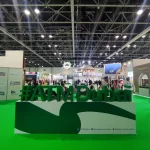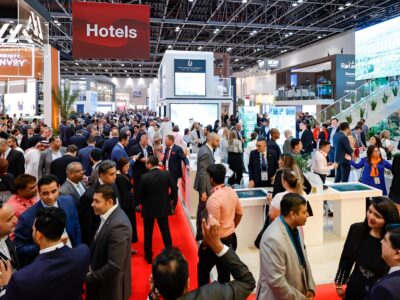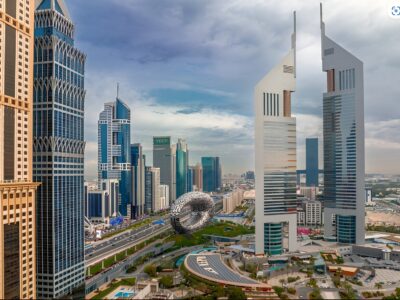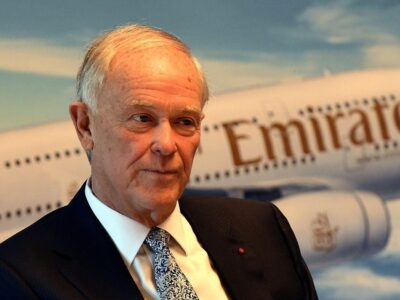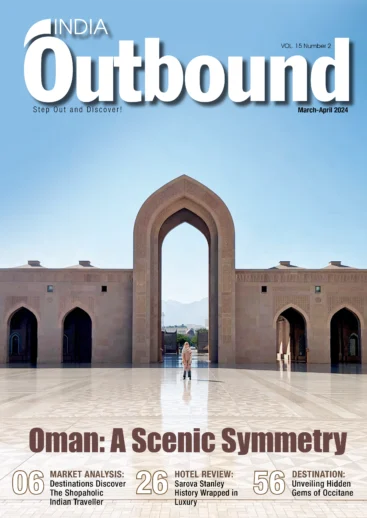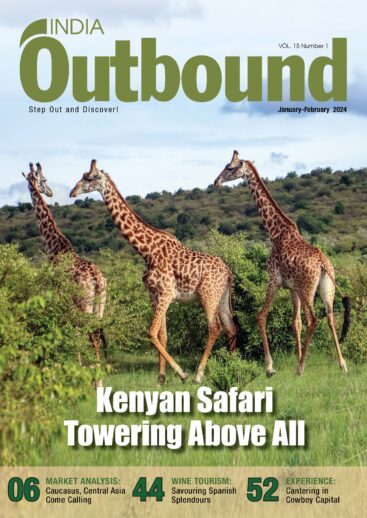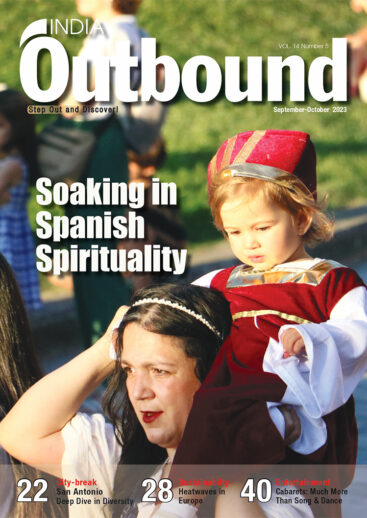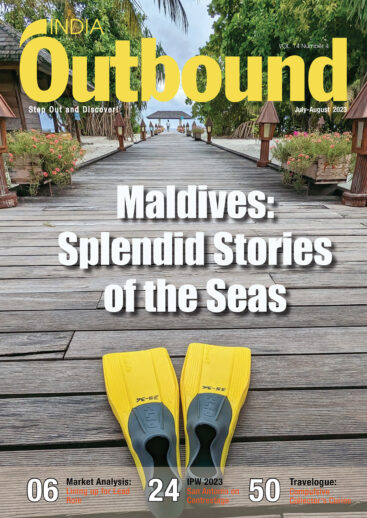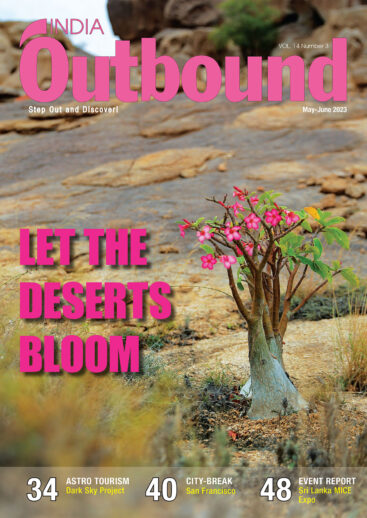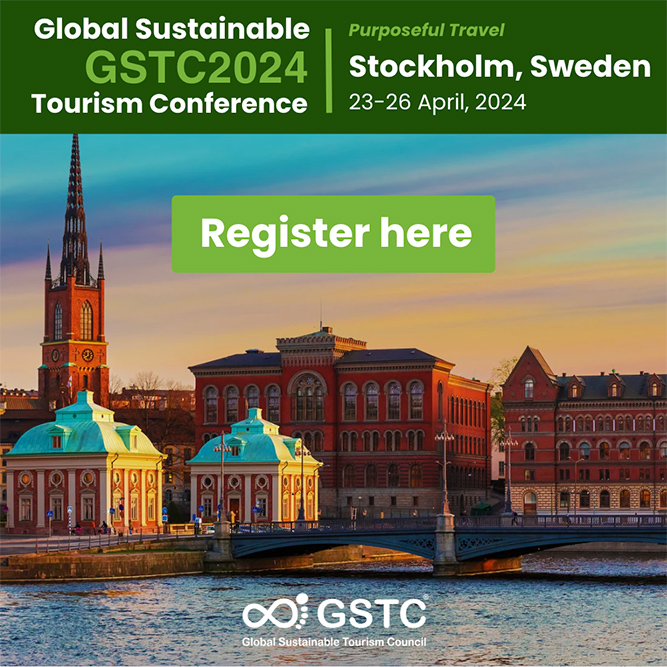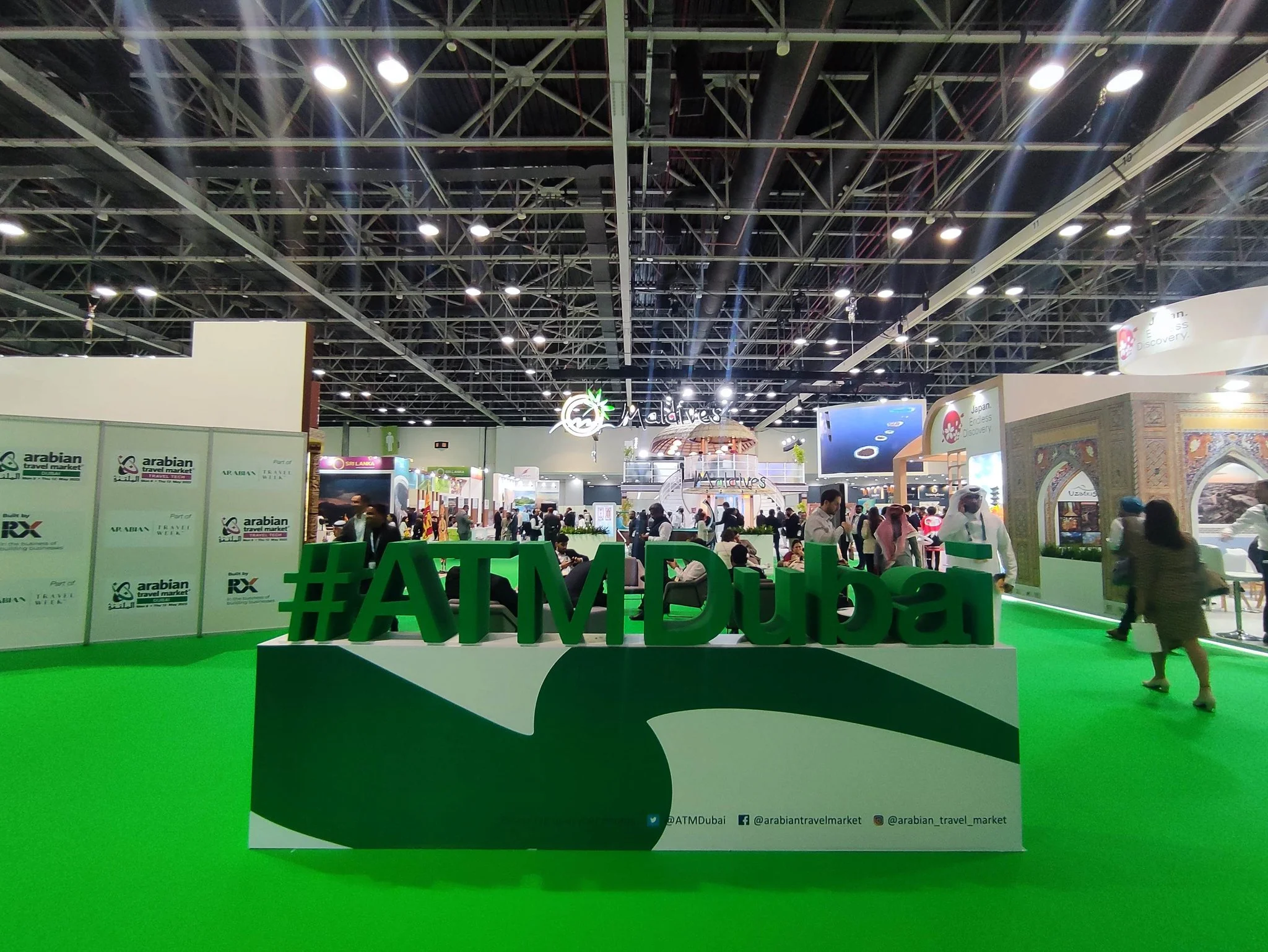
2 key strategies to drive future of tourism in the Middle East would be through flexibility and sustainability (Photo : Varsha Singh)
The energy was palpable, visible and communicable. On Monday morning, much before Dubai World Trade Centre, the host of Arabian Travel Market since its inception 29 years ago, opened its doors to buyers and visitors from across the world, a wave of energy seemed to be passing through the milling crowds of travel trade professionals as they waited for the exhibition to start at its scheduled time of 11 am.
After the formal inauguration, the discussions and meetings all centred on one single theme – how to get to the pre-pandemic levels of tourism and surpass them at the earliest, rather than whether the travel industry would recover from the series of shocks it has suffered since the Covid-19 outbreak in late 2019.
Indeed, the news surrounding the travel ecosystem has not been extremely positive in many parts of the world – be it the continued lockdown and closure of the largest outbound market China or the Russian invasion of Ukraine which threatens the recovery of tourism in parts of Europe.
But yet the question was not about whether or if the travel industry would recover and not even whether it would be 2024 or 2025 before the pre-pandemic numbers would be back. But the primary question on the table here at ATM Dubai is whether the pre-pandemic numbers could be surpassed this year or early next year.
Flexibility and sustainability key to recovery
For most players, the two key strategies to drive the future of tourism in the Middle East as well as around the world would be through flexibility and sustainability. Along with these, responsiveness and innovation were the catalysts for long-term success, said the experts at a panel discussion on Monday morning.
Moderated by Eleni Giokos, Anchor and Correspondent at CNN, the opening session’s panellists included; Scott Livermore, Chief Economist at Oxford Economics; Jochem-Jam Sleiffer, President – Middle East, Africa and Turkey at Hilton; Bilal Kabbani, Industry Head – Travel and Tourism at Google; and Andrew Brown, Regional Director – Europe, Middle East and Oceania at the World Travel & Tourism Council (WTTC).
Issam Kazim, Chief Executive Officer, Dubai Corporation for Tourism and Commerce Marketing, emphasized the ever-increasing importance of environmentally responsible travel and tourism. “A few years ago, we launched special awards to recognise the efforts that hotels in Dubai are making in advancing sustainability within the emirate’s tourism industry. We have now broadened this with the continued support of our valued stakeholders and partners to ensure that everyone operating in the travel and tourism space is working with sustainability at top of mind. We are also highlighting its importance to residents and visitors, as evident in the launch of the Dubai Can sustainability initiative,’’ Kazim told a packed house at the forum.
“With the post-pandemic era set to create a highly competitive landscape, our successful tourism recovery strategy is still evolving in keeping to the disruption taking place across global tourism. As we continue to embrace creativity and innovation to stay ahead of the curve, we will remain focused on creating alternative pathways to growth as we strive to achieve the goal of our visionary leadership to make Dubai the world’s most sought-after destination and the best place in the world to live and work in,” Kazim added.
The key role played by Dubai authorities in helping the tourism industry rediscover its momentum was highlighted by other panelists who cited world-scale events like Expo2020 Dubai as proof of Dubai’s success in following through on its travel and tourism-related commitments.
Another trend that was highlighted at discussions was the bigger role played by domestic tourism in recovery of tourism around the world and in the Middle East. Regional trips accounted for 55 pc of demand in 2019, according to Scott Livermore, and this figure grew to more than 80 pc during the segment’s post-pandemic peak. Livermore predicted the proportion of regional trips accounted for by international travel would continue to recover in the future. He also pointed out that the importance of domestic travel was likely to persist.
“Speakers during our opening session offered a selection of fascinating insights into the future of the Middle East’s travel and tourism sector,’’ Danielle Curtis, Exhibition Director, ATM, Dubai.
India, the key focus
For most destinations, entertainment parks as well as hotels, the road to recovery of tourism passes through India, the biggest potential market for global outbound tourism. From destinations ranging from hosts Dubai to the south-east nation of Philippines or emerging emirates like Ras Al Khaimah or Fujairah, the road to salvation and sustainable growth in tourism lies in India, which is already the biggest market for many destinations, and for others it is set to become one.








